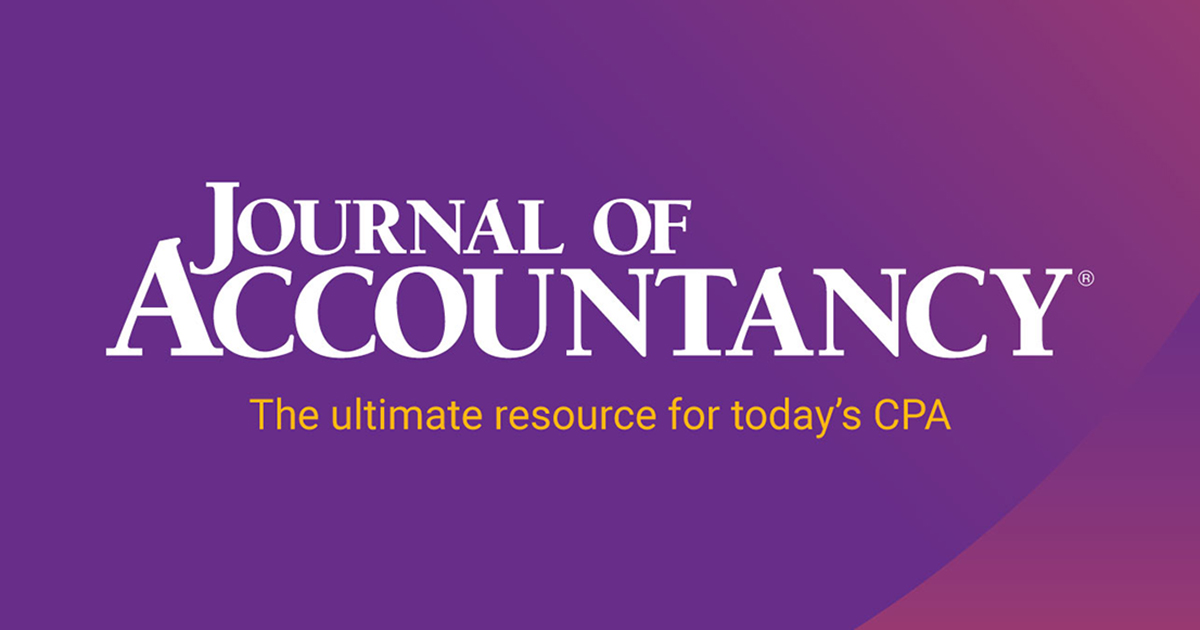
A married couple could not deduct their gambling losses because evidence, including their prior tax treatment of the activity, indicated they were casual rather than professional gamblers, the Tax Court held.
Facts: In 2019, Susan Mercier worked as an accountant at a Nevada charter school, and her husband, James Mercier, owned and operated an appliance repair business. The Merciers gambled at several Nevada casinos during the year. The couple played only video poker, a game they knew well and believed offered the best odds of winning. Statistical information about the game gave them a strategy they employed when playing. Citing their extensive knowledge of video poker, the Merciers considered themselves professional gamblers.
The couple did not keep written records of their gambling activity, relying instead on the casinos’ electronic records. Such records purportedly documented gambling activity any time a player card was used. The Merciers always used their player cards, and they gambled exclusively on days when the casino featured extra points, free play, or some other player advantage.
Susan Mercier prepared the couple’s 2019 Form 1040, U.S. Individual Income Tax Return. She originally included their gambling winnings from Forms W-2G, Certain Gambling Winnings, in gross income and claimed a corresponding deduction for their gambling losses on Schedule A, Itemized Deductions. However, the total tax increased because their itemized deductions were less than the standard deduction. Believing that gambling winnings were not taxable for taxpayers with a net gambling loss such as themselves, Susan Mercier thought the increased tax amount was an error. She therefore decided to claim the standard deduction and not report the gambling winnings.
The IRS issued a notice of deficiency for tax year 2019 related in part to unreported income from the Merciers’ gambling winnings. Thereafter, the couple tried to offset their gambling losses against gambling winnings on Schedule C, Profit or Loss From Business (Sole Proprietorship).
At trial, the Merciers expressed their disagreement with the “unfair” law governing deductibility of gambling losses. They also stated they believed their rights as taxpayers were violated because the IRS had failed to keep them informed and the Taxpayer Advocate Service was unavailable to help them with their case due to the COVID-19 pandemic.
Issues: Because the Merciers stipulated to having received $19,612 in gambling winnings for tax year 2019, the issue was not whether they received it. Rather, it was whether they could deduct their gambling losses as business expenses on Schedule C, as would professional gamblers, or whether they must deduct them on Schedule A as recreational gamblers.
In general, deductions relating to an activity are allowed only if the activity is engaged in for profit (Sec. 183). Gambling activities, if conducted with continuity, regularity, and a primary purpose of earning a profit, may be considered a trade or business (Groetzinger, 480 U.S. 23 (1987)).
A nine-factor test is used to determine whether an activity is engaged in for profit (Regs. Sec. 1.183-2(b)). No single factor determines whether an activity is engaged in for profit, and a determination should not be based on the relative number of factors indicating or not indicating a profit motive. These factors are not to be considered in a vacuum; all facts and circumstances must be taken into account. Greater weight is given to objective facts than to a taxpayer’s mere statements of intent (Regs. Secs. 1.183-2(a) and (b); Cannon, 949 F.2d 345, 351 n.8 (10th Cir. 1991)).
The court applied the nine factors of Regs. Sec. 1.183-2(b): (1) whether the activity was carried out in a businesslike matter, including keeping sufficient records; (2) the taxpayer’s expertise; (3) the time and effort the taxpayer spent gambling; (4) the expectation that assets used in the activity may increase in value; (5) the taxpayer’s success in nongambling activities; (6) the taxpayer’s history of winnings and losses; (7) the amount of occasional profits from gambling; (8) the taxpayer’s financial status; and (9) the presence of elements of personal pleasure or recreation.
Holding: The Tax Court found that although the Merciers were “serious about gambling,” the facts and circumstances did not support a finding that they were professional gamblers.
It cited the couple’s failure to maintain a separate bank account and keep sufficient records for their gambling activity. As an accountant and business owner, the Merciers were sophisticated and knew how to carry out an activity in a businesslike manner. Susan Mercier acknowledged that, as an accountant, she would advise a taxpayer operating a business to keep records. James Mercier conceded that he kept records for his appliance repair business. The court considered their reliance on the casino’s electronic records insufficient, as the records included only jackpot winnings and not smaller ones.
The Merciers claimed they had not previously known their gambling activity could be reported as a business activity, but the court pointed to prior-year tax returns in which the couplefs gambling losses were reported on Schedule A and James Mercierfs appliance repair business was reported on Schedule C as evidence they knew how to properly report business activities. Nonetheless, it was only after the couple received the notice of deficiency that they attempted to offset their gambling winnings and losses on Schedule C.
For these reasons, the court held that the Merciersf gambling activities did not rise to the level of being engaged in for profit and sustained the notice of deficiency.
■ Mercier, No. 7499-22S (T.C. 6/6/23) (bench opinion) .
— John McKinley is a professor of the practice in accounting and taxation in the SC Johnson College of Business at Cornell University; Luke Richardson is an associate professor of instruction and Kerkering Barberio fellow in accounting and taxation in the Muma College of Business at the University of South Florida. To comment on this column, contact Paul Bonner, the JofA‘s tax editor.